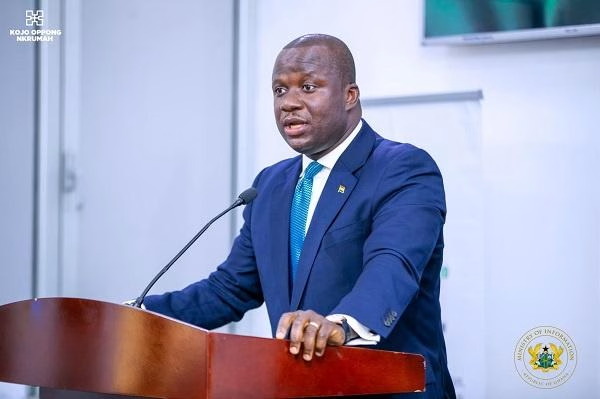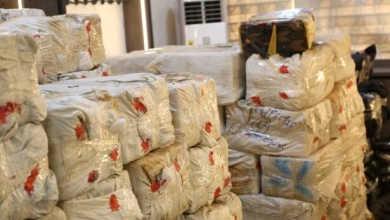The Ghanaian government is set to intensify its fight against illegal mining, popularly known as galamsey, with major interventions soon to be announced. According to Lands Minister Samuel Abu Jinapor, these measures will commence with the repeal of Legislative Instrument (LI) 2462, which currently permits mining in forest reserves.
Jinapor revealed that the government’s meeting with Organised Labour on its planned October 10 strike was productive, with consensus reached on repealing LI 2462 and expediting trials of offenders. Additionally, river guards and the navy will patrol river bodies to combat galamsey.
Agriculture is the leading driver of deforestation, not mining, Jinapor clarified, but emphasized the government’s determination to fight galamsey. Mining on river bodies is banned, and the government plans to increase the prohibited distance from water bodies from 100 meters to 200 meters. Small-scale mining is also prohibited in forest areas.
Jinapor stressed that the fight against galamsey didn’t begin with Organised Labour’s pressure; Operation Halt has been ongoing every fortnight and will be intensified. The government has procured five new patrol boats to protect water bodies from galamsey.
These measures demonstrate the government’s commitment to eradicating galamsey and protecting Ghana’s natural resources. With the combined efforts of the government, river guards, and the navy, the fight against illegal mining is set to intensify.
The Lands Ministry and Ghana Armed Forces (GAF) have reaffirmed their commitment to fighting galamsey. The government’s renewed efforts aim to rip galamsey endemic regions of illegal mining activities.
As the government prepares to announce further interventions, citizens eagerly await the impact of these measures on the galamsey menace.
Ghana’s natural resources are crucial to its development, and the fight against galamsey is a step towards preserving the environment.
The success of these interventions will depend on the collective efforts of all stakeholders involved.




